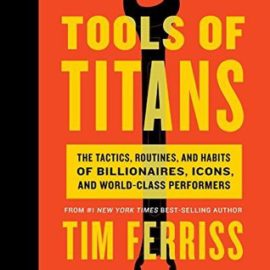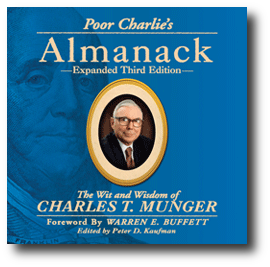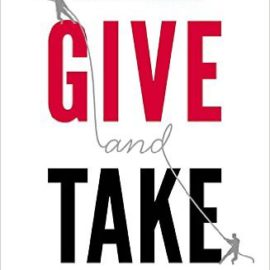Want to learn the ideas in The 5 Love Languages better than ever? Read the world’s #1 book summary of The 5 Love Languages by Gary Chapman here.
Read a brief 1-Page Summary or watch video summaries curated by our expert team. Note: this book guide is not affiliated with or endorsed by the publisher or author, and we always encourage you to purchase and read the full book.
Video Summaries of The 5 Love Languages
We’ve scoured the Internet for the very best videos on The 5 Love Languages, from high-quality videos summaries to interviews or commentary by Gary Chapman.
1-Page Summary of The 5 Love Languages
Overview
There are many different languages in the world. Most people don’t speak any of them, and they can cause problems when communicating with someone who doesn’t speak their language. Fortunately, most couples have a common language that they both understand.
Actually, we don’t really know how to love. There are different ways of expressing it and understanding our partner’s way of showing it is important for any relationship to succeed. We’ll learn about the need for love, how people express their love and the different ways they feel loved.
In this article, you’ll discover how the author’s and his wife’s marriage was lost in translation. You’ll also learn why being in love only lasts for two years, as well as how a bad Christmas gift can influence communications with your partner.
Big Idea #1: Love is a human need that’s defined by your emotional well-being.
If you think about the word love, it’s a very confusing term. It’s been used to describe many things that have nothing to do with romantic relationships. However, philosophers and religious thinkers agree that love is important for your emotional health and overall well-being. So how should you think about love? You should understand what type of love is key to your emotional health–the kind of love that helps you be healthy emotionally.
And the easiest way to define what love means is to take a look at where you derive your emotional fulfillment. That’s because all humans need to be loved and appreciated, according to child psychologists. If they aren’t, it can result in instability.
The most important ones are love and affection.
Love is clearly important, and you need a way to measure it. One way to gauge whether your emotional needs are being met is by paying attention to how full your love tank is. If you’re not getting enough love, you’ll end up with an empty tank. Keeping the love tank full is an essential component of a healthy marriage. All solid marriages require fuel.
For example, one of the author’s clients believes that money and material possessions can’t compensate for an empty love tank. He thinks that a fancy house, expensive cars and a beach house don’t mean anything if your wife doesn’t love you.






